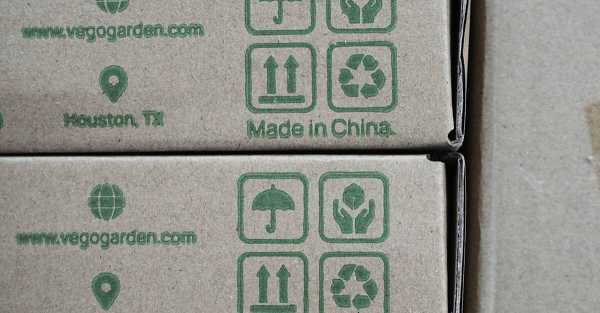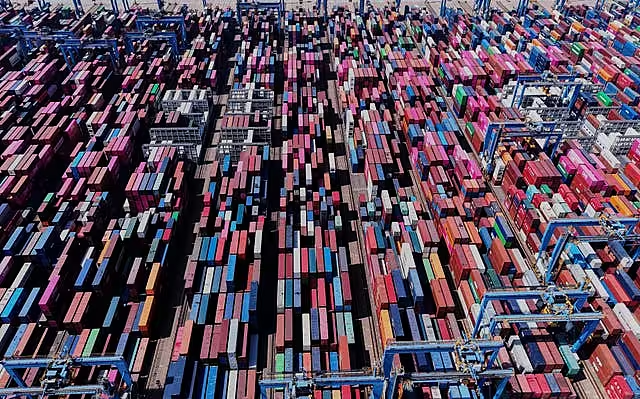
Donald Trump has increased tariffs on Chinese goods to 125% just hours after China raised tariffs on US imports to 84% and vowed to “fight to the finish.”
The new rate imposed by Beijing, which has already gone into effect, was a response to Trump's earlier move to increase duties on Chinese products to 104% in a hike that hit U.S. trading partners around the world. Europe and Canada also responded on Wednesday by imposing new tariffs on U.S. imports.
After citing disrespect, Mr. Trump responded by raising tariffs on China to 125% while suspending tariffs on most countries for 90 days.
The rate hike is the latest development in an ongoing trade war that threatens to raise prices for American consumers and hamper China’s efforts to revive its ailing economy. The Chinese government’s response shows its determination not to bow to Mr Trump’s pressure, despite the risks.
“If the US insists on further economic and trade restrictions, China has a strong will and a wide range of means to take necessary countermeasures and fight to the end,” China's Commerce Ministry said before announcing the new tariff hikes.
Beijing also imposed restrictions on doing business with nearly a dozen American companies and said it would file a new lawsuit against American tariffs at the World Trade Organization.

The United States exported a record $199 billion to China last year, while China shipped $463 billion in goods and services to the United States, ranking third behind Mexico and Canada, according to the Commerce Department.
As recently as 2022, China was the top supplier of imports to the United States, but it has now lost ground to its neighbors amid heightened tensions with the United States.
The European Chamber of Commerce in China accused the US of abandoning many of the principles that had previously underpinned its approach to trade and investment. It said Mr Trump’s tariffs would have a significant impact on European companies exporting from China to the US, forcing them to rethink their business models and supply chains.
“This will lead to significant increases in operating costs and inefficiencies, ultimately leading to higher prices for consumers,” the report said.
While the U.S. and China will likely want to find a way to return to the negotiating table, “it will be a difficult path because both sides have redoubled their efforts and bilateral engagement has effectively reached a stalemate,” said former U.S. Trade Representative Wendy Cutler, vice president of the Asia Society Policy Institute.
China does not appear to be interested in negotiations, as some other countries have begun to do.
Sourse: breakingnews.ie






